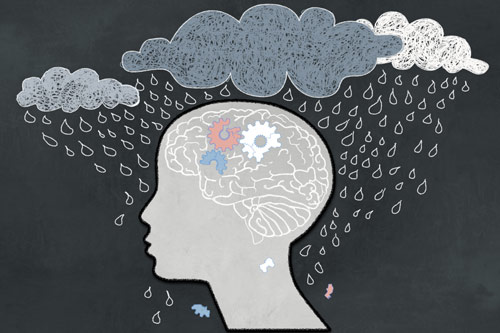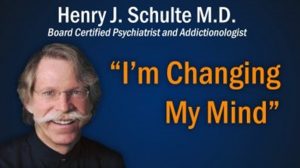About Depression

Depression is a serious medical condition that affects millions of Americans each year. It is often a debilitating disorder, characterized by persistent sadness or a loss of interest in activities that were once enjoyable. Depression interferes with thoughts, behaviors, mood, and physical health, severely impairing daily functioning.
The economic burden of depression in the United States has steadily risen, with recent estimates suggesting that the cost now exceeds $300 billion annually. This includes both direct costs such as medical treatments and indirect costs like lost productivity. Research continues to highlight that depression is on track to become one of the leading causes of disability worldwide in the coming years.
Depression is a life-threatening condition. Each year, over 30,000 people in the U.S. die by suicide, with 60% of these individuals suffering from depression. Women are nearly twice as likely as men to experience depression, although depression in men is often underreported. Depression affects individuals across all racial, ethnic, and socioeconomic backgrounds. Approximately two-thirds of those who experience an episode of depression will experience at least one more in their lifetime.
The exact cause of depression is not fully understood, but research indicates that it is linked to decreased activity in the brain’s neural networks that regulate emotion and motivation. Increasing the levels of neurotransmitters—chemical messengers in the brain—can help reactivate these neural circuits or form new ones. Antidepressant medications are commonly used to raise neurotransmitter levels. Additionally, alternative treatments like Transcranial Magnetic Stimulation (TMS) and Spravato (nasal esketamine) provide options for those who do not respond to traditional medications.
More than 4 million people do not receive adequate benefits from antidepressants or cannot tolerate their side effects. For these individuals, seeking alternative treatment options is essential to improving their mental health.
Depression Symptoms
Depression symptoms are most commonly treated with antidepressant medications, which work by increasing the levels of neurotransmitters in the brain. This adjustment positively impacts mood, helping to reduce feelings of depression and anxiety. However, for some individuals, treating major depression can be more complex, requiring approaches beyond medication.
While antidepressants can be effective for many, they do not work for everyone. When depression does not improve with standard medication, it is often referred to as treatment-resistant depression. Though not a formal medical term, treatment-resistant depression is a real and challenging condition that affects many people.
In addition to limited effectiveness for some, antidepressants can cause unwanted side effects. Because these medications circulate throughout the body via the bloodstream, side effects like weight gain, sexual issues, stomach upset, sleepiness, and dry mouth are common. More than 4 million individuals either don’t experience sufficient benefits from antidepressants or cannot tolerate these side effects.
For those who struggle with treatment-resistant depression, there are alternative therapies available, such as transcranial magnetic stimulation (TMS) and Spravato Nasal Esketamine.

